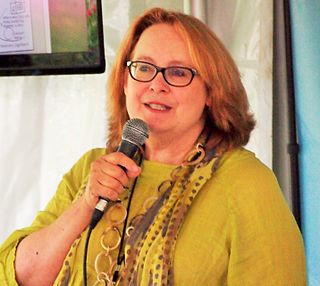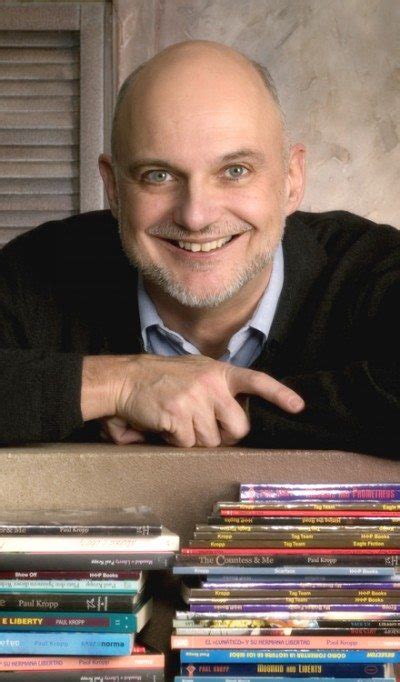A Quote by Barbara Ehrenreich
I didn't want to be an author; I wanted to be a scientist. Not that I didn't love literature, but I couldn't distinguish it from reading, and reading was already my default activity, almost like breathing.
Related Quotes
As a children's author, you get to advocate for reading and writing in general, in a way an adult author might not be able to. It's a really interesting dance we do to get literature into the hands of young people and to help them to become literate and become readers; we want them to grow up reading and continue to do so when they're adults.
Reading with an eye towards metaphor allows us to become the person we’re reading about, while reading about them. That’s why there is symbols in books and why your English teacher deserves your attention. Ultimately, it doesn’t matter if the author intended the symbol to be there because the job of reading is not to understand the author’s intent. The job of reading is to use stories as a way into seeing other people as a we ourselves.
Well-meaning adults can easily destroy a child’s love of reading: stop them reading what they enjoy, or give them worthy-but-dull books that you like, the 21st-century equivalents of Victorian “improving” literature. You’ll wind up with a generation convinced that reading is uncool and worse, unpleasant.
I think it's a great thing to hear the author reading. I've listened to CDs of Cheever and Updike reading their stories and Hemingway. To hear what their voices were like is amazing. Whether they're reading well or not, it's great to listen to the intonation and the beat of the guy who wrote the story.





































